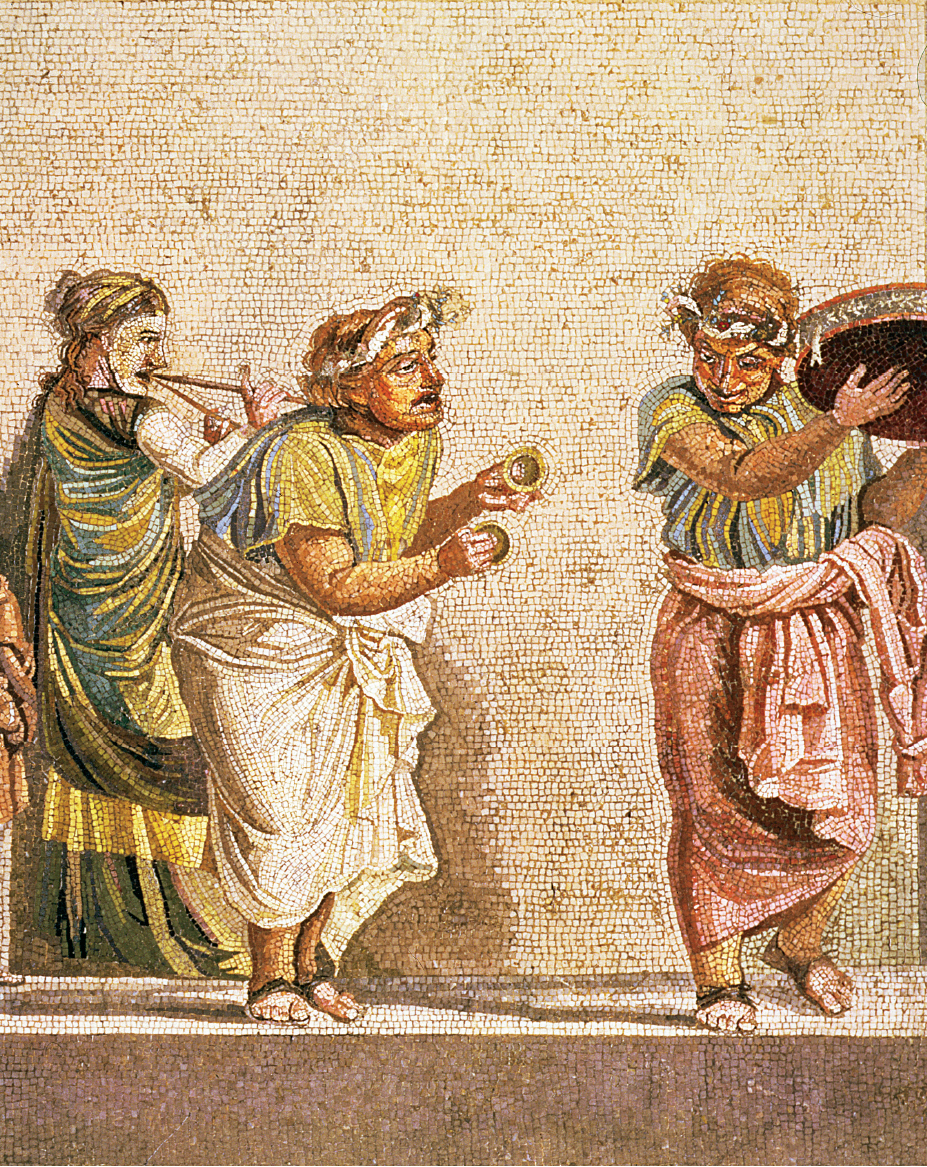Introduction for Chapter 5
5. The Rise of Rome, CA. 1000–27 B.C.E.
>How and why did Roman society and government change over the course of the Republican period? Chapter 5 examines the rise of the Romans from a minor Italian power to the dominant force in the Mediterranean world. At the same time that Alexander the Great’s armies were moving from victory to victory, the Romans were gaining control of the Italian peninsula. Beginning in the sixth century B.C.E., the Romans gradually took over more and more territory, first in Italy, then throughout the western Mediterranean basin, and finally in areas in the east that had been part of Alexander’s empire. The wars of conquest, however, created serious social, political, and economic problems that, over time, led to the demise of the traditional Roman state and the emergence of a new imperial order.
LearningCurve
After reading the chapter, use LearningCurve to retain what you’ve read.

>How did the Romans become the dominant power in Italy?
>What were the key institutions of the Roman Republic?
>How did the Romans build a Mediterranean empire?
>How did expansion affect Roman society and culture?
>What led to the fall of the Roman Republic?
| ca. 1000 B.C.E. | 264– |
| – Earliest settlements in the area that became the city of Rome | – Punic Wars |
| 753 B.C.E. | 133– |
| – Traditional founding of the city of Rome | – Reforms of the Gracchi |
| 509 B.C.E. | 107– |
| – Traditional date of establishment of the Roman Republic | – Turmoil in the late republic (see timeline, page 141) |
| 451– |
44 B.C.E. |
| – Laws of the Twelve Tables written and issued | – Julius Caesar assassinated |
| 390 B.C.E. | 31 B.C.E. |
| – Gauls sack Rome | – Octavian defeats Antony and Cleopatra at the Battle of Actium |
| 367 B.C.E. | 27 B.C.E. |
| – Licinian- |
– Senate issues decrees giving Octavian great power |
| ca. 265 B.C.E. | |
| – Romans control most of Italy |